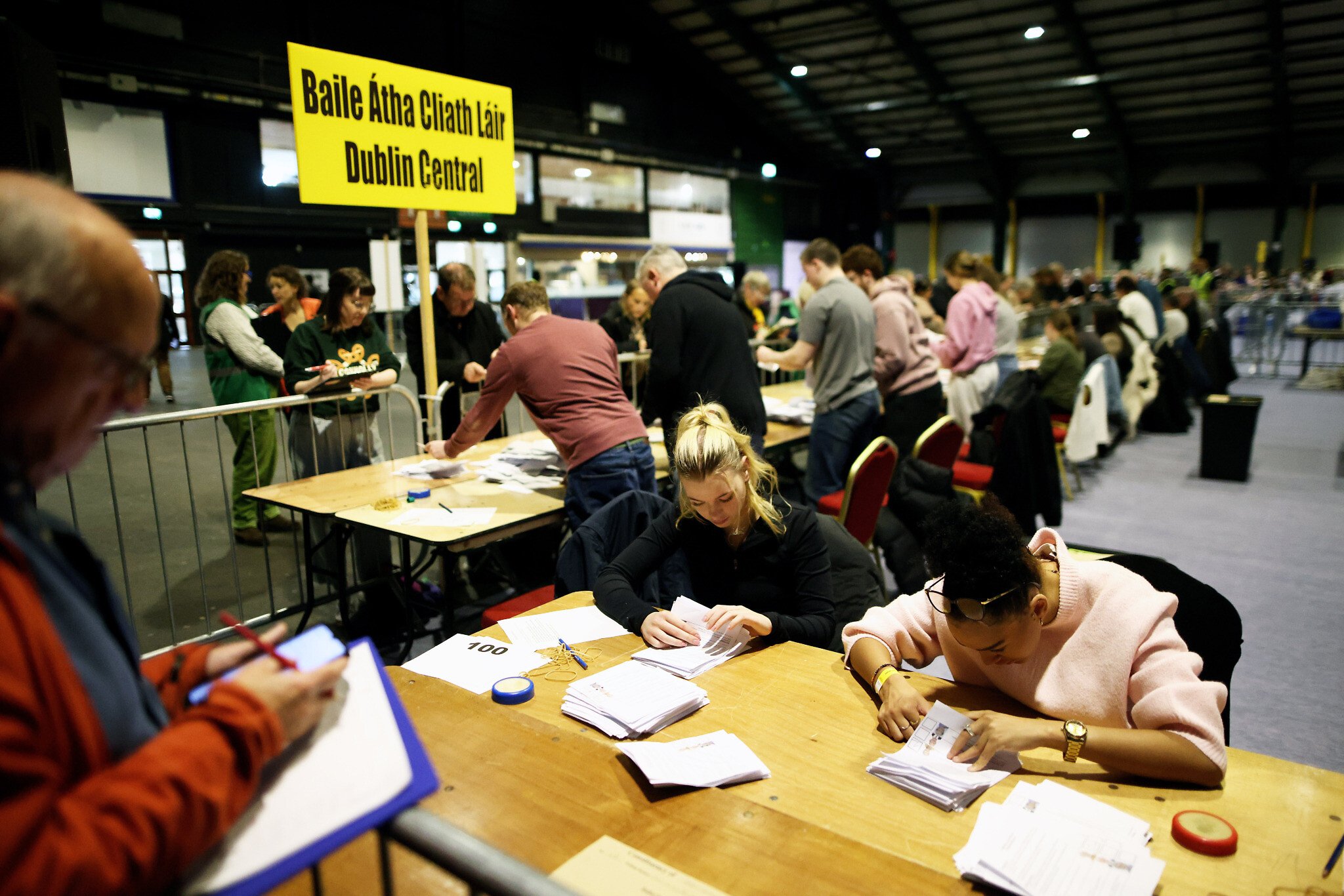Recent political developments have seen Kemi Badenoch gaining ground among Conservative supporters after a strong performance at Prime Minister's Questions and a successful party conference. However, despite her personal boost, the Conservative Party as a whole continues to struggle, with little evidence that voters believe it has changed since its defeat. New policy proposals, such as scrapping stamp duty and prioritizing affordable energy, have attracted some attention, but concerns remain about potential austerity and the party's overall direction.
Labour, under Keir Starmer, faces its own challenges, with polls showing declining support and doubts about his leadership longevity. Starmer's attempts to unite the left and address issues like immigration have been met with skepticism, with some voters viewing his policies as performative. The introduction of a mandatory digital identification scheme has been widely criticized as intrusive and ineffective, further fueling public dissatisfaction.
Both major parties are seen by many as part of a failed political system, with a significant portion of the electorate expressing a desire for entirely new ideas. This disillusionment has contributed to the rising profile of alternative figures like Nigel Farage, whom many now see as a potential future prime minister.

 image sourced from original article at
image sourced from original article at 


